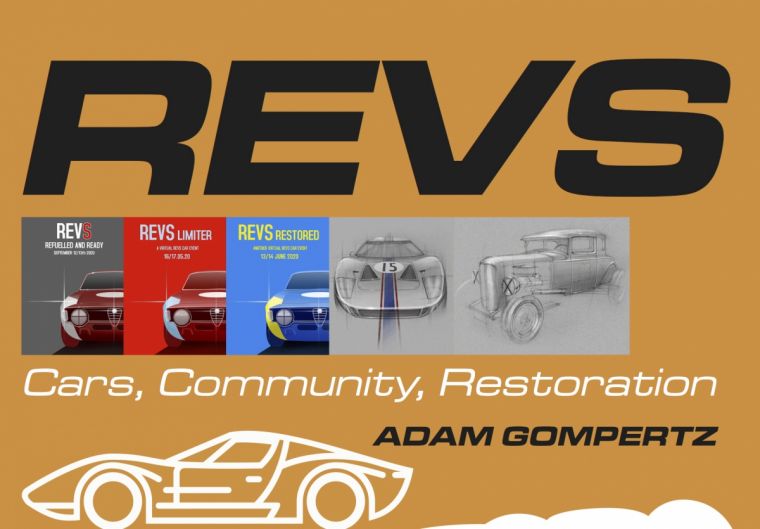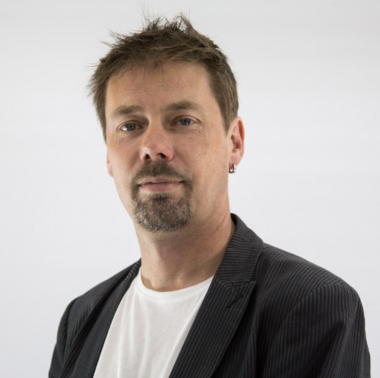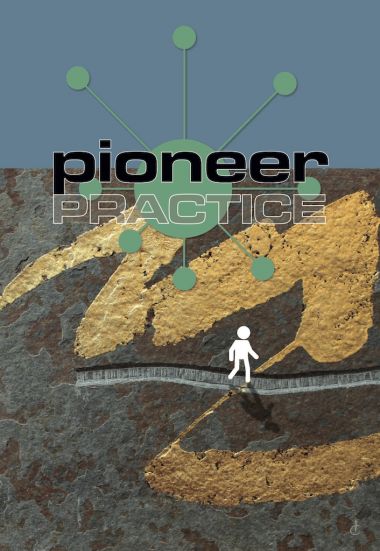How pioneer mission is reaching people beyond the Church

There are some people who will never set foot in a conventional church, so how can the Church reach them?
Jonny Baker, Director of Mission Education at Church Mission Society, has written his latest book, Pioneer Practice, to inspire people to think about some of the creative ways they can reach out to their communities - and how to get these projects off the ground.
He speaks to Christian Today about his new book and the fruit he's seeing in pioneer mission.
CT: You've been involved in pioneer mission for many years. Have you seen it evolve or 'mature' since you first started doing it?
Jonny: There's always been pioneering but we haven't necessarily called it that. If you got out a dictionary of saints, I think 95 per cent would meet the criteria of pioneers. The Church has always innovated and had people who pushed beyond the edges, but they often only get celebrated and recognised afterwards! It's often the case that things were difficult when they were doing the actual pioneering, because it can be perceived as a threat to business as usual.
So we're not doing anything new per se, but the current 'wave' if you like came to be called pioneering off the back of the Church of England's 2004 report, "Mission-shaped Church", which recognised that these new initiatives popping up around the edge of the Church were quite different from being a parish priest.

When it first appeared, finding people to do any sort of training proved challenging, and so it's definitely been a case of learning through practice and seeing how things go and what works and what doesn't, and how best to resource it.
Something that we have a much better understanding of now is how long something might take. In Pioneer Practice, I've not only included the stories of practitioners but also timelines, because what can happen sometimes is that the Church thinks: we'll invest in something for two years and then we'll have a new church on this housing estate! But if no one's been there before, experience suggests the timeline might be more like eight to 10 years!
Resourcing pioneering projects is a question because I think the Church at the moment, particularly post-Covid, probably feels the need to pioneer perhaps more than ever because the landscape's changed so much, and yet is thinking, well, the money's run out and we need to keep everything going so we'll cut central posts and new posts.
How you hold those two things together, I don't know. But certainly a lot of the students that have trained with us at CMS over the last decade have paid their own way. They're doing it in their spare time, fitting it in around other things. And actually, we need pioneering models that are not full-time paid professionals but people who are perhaps doing some detached youth work on an estate or starting a side project that can grow into something bigger.

CT: So it's very versatile?
Jonny: I would say that pioneering itself is really the gift of seeing something that's possible. So rather than seeing things the way they've always been done, we imagine what it could be like and then we build on that. The expectation could be that we build a church from a new group of people that are currently outside the church, but actually pioneers do all sorts of things and it's all kingdom stuff. So that could be a new community of disciples but it could be something else altogether, like a charity or a drop-in centre for people on the margins.
But whatever it is, it's about seeing something that could be changed and made better in the world, and then building something to respond to that. At its simplest, pioneering is that combination of seeing and building.
What we don't want to do is just land something on, for example, a housing estate without paying attention to the culture of that estate and thinking about whether that's appropriate. The pioneering approach is to try and listen to the local culture and do something that fits.
CT: We've all experienced digital church in the last year. Is there also a digital space for pioneer mission?
Jonny: Obviously Covid's been difficult for everyone but it was certainly interesting in the early phases of the pandemic to see that pioneers were actually really quick to adapt, I think partly because they are naturally creative, adaptable and flexible. So they were able to quickly adapt to online and new ways of connecting with people.
At the heart of pioneering is locating yourself in the neighbourhood and community, and not in a church bubble so pioneers tend to have lots of relationships, and so they were naturally well-placed to reach out to people who were struggling when Covid hit.
For example, the Home cafe started making meals and delivering them to the vulnerable. It's changed their whole approach to being a cafe, and they've set up a charity now and are running a food bank out of the venue and connecting with a whole set of people who are at the margins.
Another guy, Adam, set up a fresh expression called Revs for classic car lovers which meets around classic cars and fixing them up. He found that community struggling online like lots of other people so he set up a festival and ran a few weekends online and it just went ballistic. The festivals weren't Christian but he did a blessing at the end. Nonetheless, he's ended up with a network of around 6,000 classic car lovers and he's become a sort of chaplain for that community.
CT: We hear a lot about Church decline but it sounds like there are lots of pockets of opportunity out there to tap into. Do you feel optimistic?

Jonny: There do seem to be many pockets out there but it's hard to know. The stats have been of decline and certainly with regular Church attendance, that's true. But for years now this stuff has been popping up around the edges of the Church which is encouraging and hopeful. The Church of England at one synod a few years ago was encouraging every parish to try and get a contextual expression of church going. In other words, they wanted each parish to look at a group that was never going to come to their church but start something and see what happens.
And those things can be really simple. For example, at my local church, a guy called Wayne went to the vicar after hearing a radio show on loneliness and asked if he could start a lunch club. That's grown into a community of about 30 people and most of them weren't churchgoers.
Starting things in that way doesn't have to be really exotic or complicated or need a degree. It just needs a tug of the heartstrings and a few friends to sit down and talk about it and see what you can do. Who knows what will grow from that?
CT: Are there some typical challenges that people should be aware of before they start something like this?
Jonny: In the book, one of the sections is called 'Be You' and the point is that things go well when they fit with who you are. The car thing is a classic. Adam loves cars so it's very natural for him.
And another section is called 'Change' and that's because when people want to start something, negotiating change in systems and institutions is often more difficult than you think. But you need to do that work.
In the case of Wayne I don't think it was that difficult but he still needed to have the conversations and do the relational work, speak with the vicar, get the approval of the church and so on.
Normally one of the things that can trip people up is when they don't do the relational work to build trust, whether that's with the council or the church. There's always somebody in power that you've got to work around and that's something that can trip people up!
For others, the challenge can lie in moving from the idea to making it happen. So people need to think about first steps, and getting people around them, and resourcing it.
But it's a mistake to think you need a full-time professional model. It's great if you can get that but we need loads of things that are not that. And I wrote Pioneer Practice because we've done lots of books on theology and mission, which is important, but I wanted to write something more about the real maths around this: how are the numbers going to stack up? How do you build a team and community? And how are you going to navigate the powers that be? These are the sorts of questions people need to think about.











